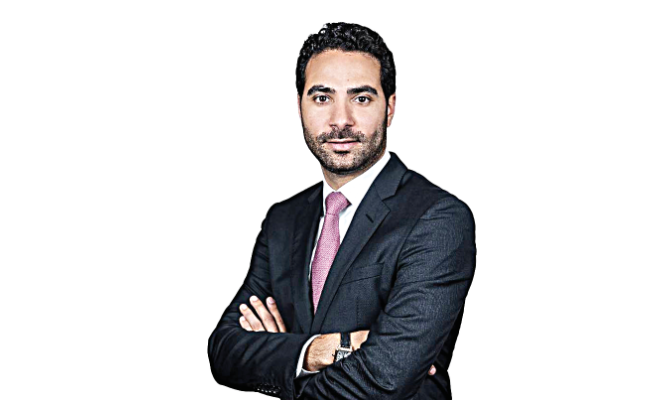LONDON: The UAE-based healthcare and education investment company Amanat aims to revolutionize education in the Middle East by integrating experiential learning and virtual reality into the curriculum, its CEO told Arab News.
Speaking during the World Economic Forum, Dr. Mohamad Ali Hamade outlined how virtual reality would take “center stage” in how education was provided to children across the region.
“As a leading investor in the education space, Amanat is looking at what the future would look like in the education sector,” Dr. Hamade said. “We believe that experiential learning and virtual reality are going to take center stage in the future of how we provide education services to our kids.”
According to Dr. Hamade, Saudi Arabia is a promising market for this kind of investment as the Kingdom has recently opened up to foreign branch campuses across the country and is increasingly open to international curricula.
“I think if a product comes in and promises to have a more progressive curriculum, but also a technology aspect attached to it, I think we have a very good opportunity to prove a concept in Saudi Arabia,” Dr. Hamade said.
Targeting mainly stable markets in the region, Dr. Hamade explained that investment would focus in the interim on Saudi Arabia, UAE and other Gulf countries.
“Historically, we have been trying to solve a problem of access to education and quality of education while keeping the costs acceptable,” he said. “And I think this is what Web 3.0 would do, and what the technology aspect will allow us to achieve.”
Founded in 2014, Amanat Holdings is a listed investment firm in Dubai that seeks to make investments within the education and health care sectors in the MENA region.
In 2021, the company witnessed a twenty-eightfold increase in net profit to 280.8 million dirhams ($76.4 million). Additionally, the company saw a 2,680 percent increase in net profit on strong health unit performance.
Explaining how the new model of education would work, Dr. Hamade said that the company’s main idea was to integrate gaming with education, as gaming is usually very attractive to young people.
“Instead of channeling gamification to wasteful and non-productive time, we’re actually channeling it into a very productive thing, which is education and learning,” Dr. Hamade said.
He explained that people were more likely to retain and remember information that had been acquired visually and experientially. As such, integrating virtual reality in the curriculum would produce more positive outcomes than textbook-based learning.
CEO of Amanat since 2020, Dr. Hamade joined the company in 2017 as chief investment officer. He holds an MD and a BSc in biology from the American University of Beirut and an MBA from Cornell University in the US.
While it is a highly innovative idea, Dr. Hamade anticipates that there will not be much resistance from the region given how far countries in the Middle East have come in terms of modernization.
“I think we’ve come a long way in our region where policymakers are willing to listen, to accept, to ask the right questions, to push us, and together to put a solution that allows us to improve the quality of education in the region,” he said.



























